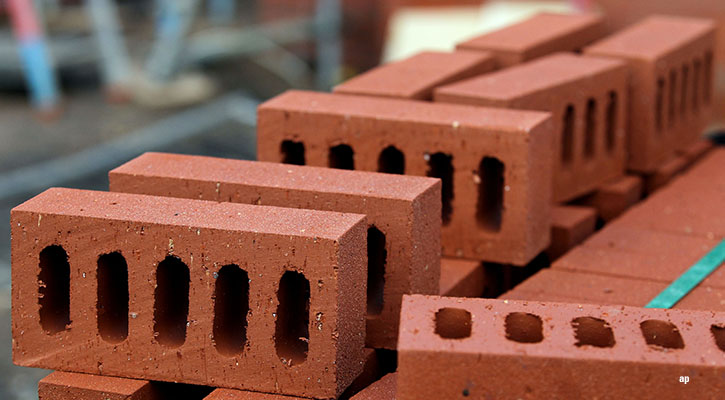We are rather concerned that with all the leverage pumped back into the system, any tightening will have an amplified effect, causing the economy to plunge right back down. That’s why Bernanke has argued that possibly the greatest mistake during the Great Depression was to raise rates too early; so much for raising rates within 15 minutes, as Bernanke has argued he could. In the early 80’s, consumers complained about high interest; however, if rates were raised today to only a fraction of the 20% Fed Funds rate of June 1981, the economy might implode. And while the Fed may be in charge of short-term rates, should the bond market get spooked because of the policies pursued, it may be impossible for the Fed to stem the tide.
A weaker US dollar may also ensue; we have yet to see a country that depreciated itself into prosperity. It simply makes no sense for an advanced economy like the US to compete on price: the day the US will export sneakers to Vietnam hopefully never comes.
What matters is…inflation is real
Just as Bernanke takes it upon himself to implement aggressive policies because Congress may not act according to his playbook, policy makers around the world are also slow to react. China, for example, has taken many steps to be ready to allow its currency to strengthen, from allowing its economy to move away from competing on price alone (i.e. a weak currency environment), to encouraging the production of value added goods and services where exporters may have more pricing power, necessary to allow exporters to remain competitive should the renminbi strengthen; to allowing more international trade to be conducted in China’s currency; to fostering the issuance of renminbi denominated bonds in Hong Kong, amongst others. Chinese policymakers are increasingly US educated; they read the same news and share many concerns Westerners have. The key difference is that Chinese policymakers act in what they perceive to be China’s best interest and their decision-making processes are subject to a Chinese set of political dynamics. As a result, policy mills grind slowly.
Similarly, policy makers in much of Asian and the Middle East act slowly. Not necessarily because of choice, but simply because that’s how local dynamics play out. Countries such as Bahrain or Saudi Arabia with their centralised control may be acting more swiftly, increasing food subsidies to pre-empt social unrest. Ultimately, for many countries in Asia, allowing their currencies to appreciate may be the most effective tool to tame inflationary pressures.
In the meantime, countries in the Middle East may at some point come to the realisation that changing the government may not lead to lower food prices. Unless the next president of Egypt is a great farmer, social instability may prevail for a long time.
Incidentally, while we are not threatened with revolution in the US, discontent has been growing from the fact that real wages have not risen for a great number of people in over a decade. If you have assets, you may love Bernanke’s policies, as he pushes up everything from equity prices to [shh… don’t tell Ben] commodities. However, many that have to work for a living have seen their purchasing power erode. Bernanke puts the blame on a lack of education. However, his policies – in our assessment – contribute more to the wealth gap than policies of either Democrats or Republicans. In such an environment, disgruntled citizens may increasingly vote for populist politicians: in today’s world, if you can distil your political message into a tweet, you may have a better chance of being elected. This doesn’t just help explain the rise of the Tea Party on the right, but also contributes to discontent on the left, with many fearing President Obama’s policies are betraying them.
What are the implications of all this? In our view, the polarisation of politics will continue, making it ever more difficult to find common ground on tough political questions, such as entitlement reform. In the absence of compromise, the government may nominally pay entitlements as promised; it’s just that the purchasing power of what is paid may have eroded due to inflation and a weaker dollar. As these dynamics play out, investors may want to position themselves to take the risk of a decade of global political instability into account.
Axel Merk is President, CIO, and Portfolio Manager of Merk Mutual Funds. The Merk Mutual Funds are managed by Merk Investments LLC, a Palo Alto, California, based SEC registered investment advisory firm.
Disclaimer: All views expressed in this third party article are those of the author(s) alone and not necessarily those of Morningstar. Morningstar is not responsible for the comments nor will it be liable in any way for any information provided by the author.
Read Merk Investments' legal information and disclosures here.























